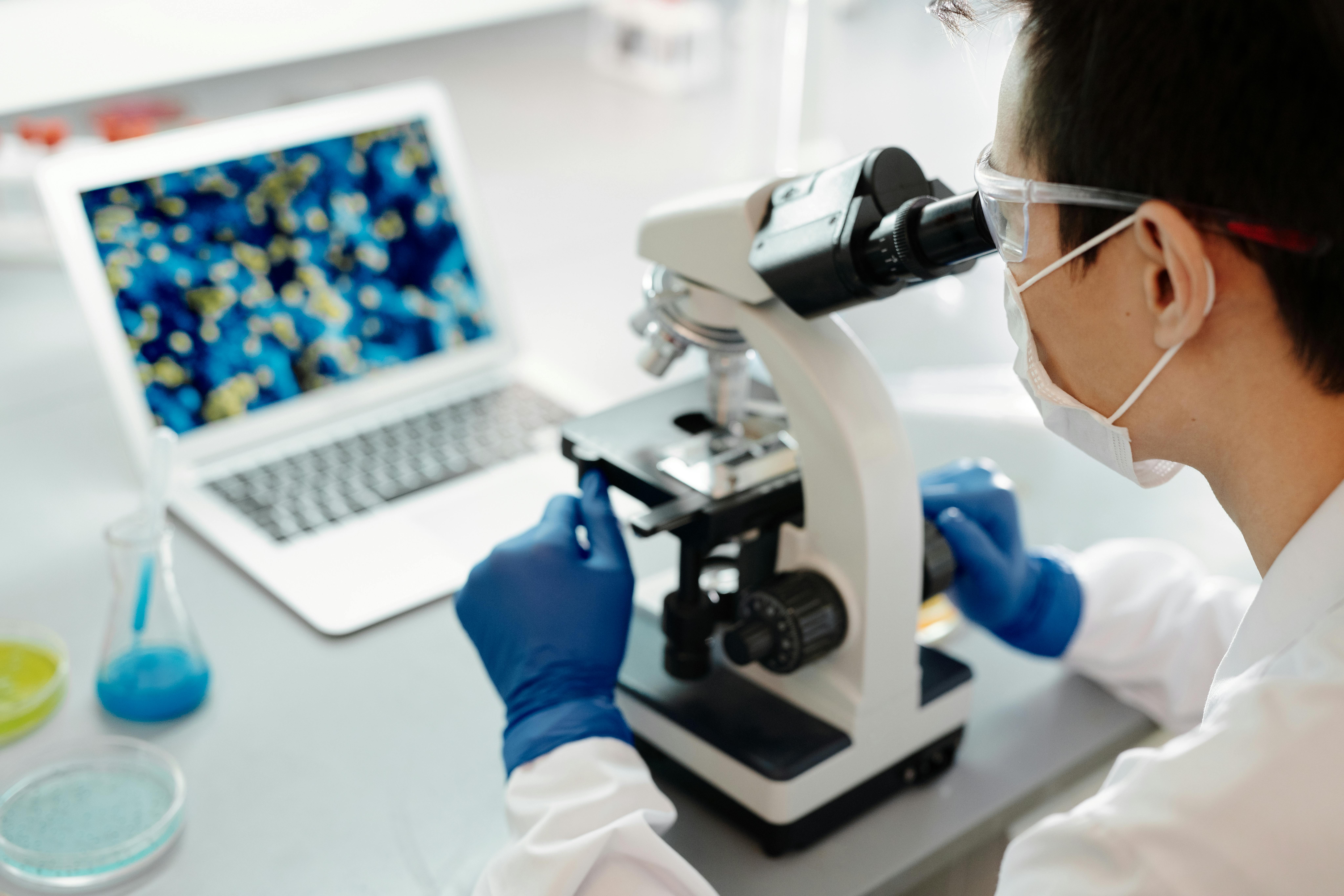
Work One-on-One with a Research Mentor
- Personalized Guidance: Receive tailored advice and support specific to your research goals and challenges.
- Deeper Learning: Gain a more comprehensive understanding of research methodologies through direct interaction and feedback.
- Enhanced Skill Development: Build critical thinking, problem-solving, and analytical skills with focused, hands-on mentoring.
- The flexible one-on-one option allows students to start when they are ready, with customizable meeting days and times, including evenings and weekends.
One-on-One Structure
- 10 sessions, 1-on-1 with a research mentor
- Each live session will be 75–90 minutes, held virtually via Zoom.
- Students work with their research mentor to select a research topic of interest.
- Open to middle school through college. No prior experience is required.
- Clear deliverables: research publication, poster presentation, and certificate of completion.
- Research publication – Each student will receive a unique URL for their indexed research report. This ensures easy access, enhances visibility, and allows their work to be shared and cited within the academic community.
- Rising Researchers aims to develop scientific thinking, data analysis, publication writing, and presentation skills. These qualities are highly sought after at research institutions and medical schools.


Research Focus Areas
Any of our camp offerings can be converted into a one-on-one course for students. Students can select a research focus. They can explore a research topic they are interested in or brainstorm new ideas with their mentor. The entire process is customizable. Below are some research topics to select from.
- Artificial Intelligence (AI)
- Machine Learning
- Astronomy
- Astrophysics
- Cybersecurity
- Biochemistry
- Medical Bioinformatics
- Microbial Bioinformatics
- Molecular Biology
- Plant Biology
- Neuroscience


